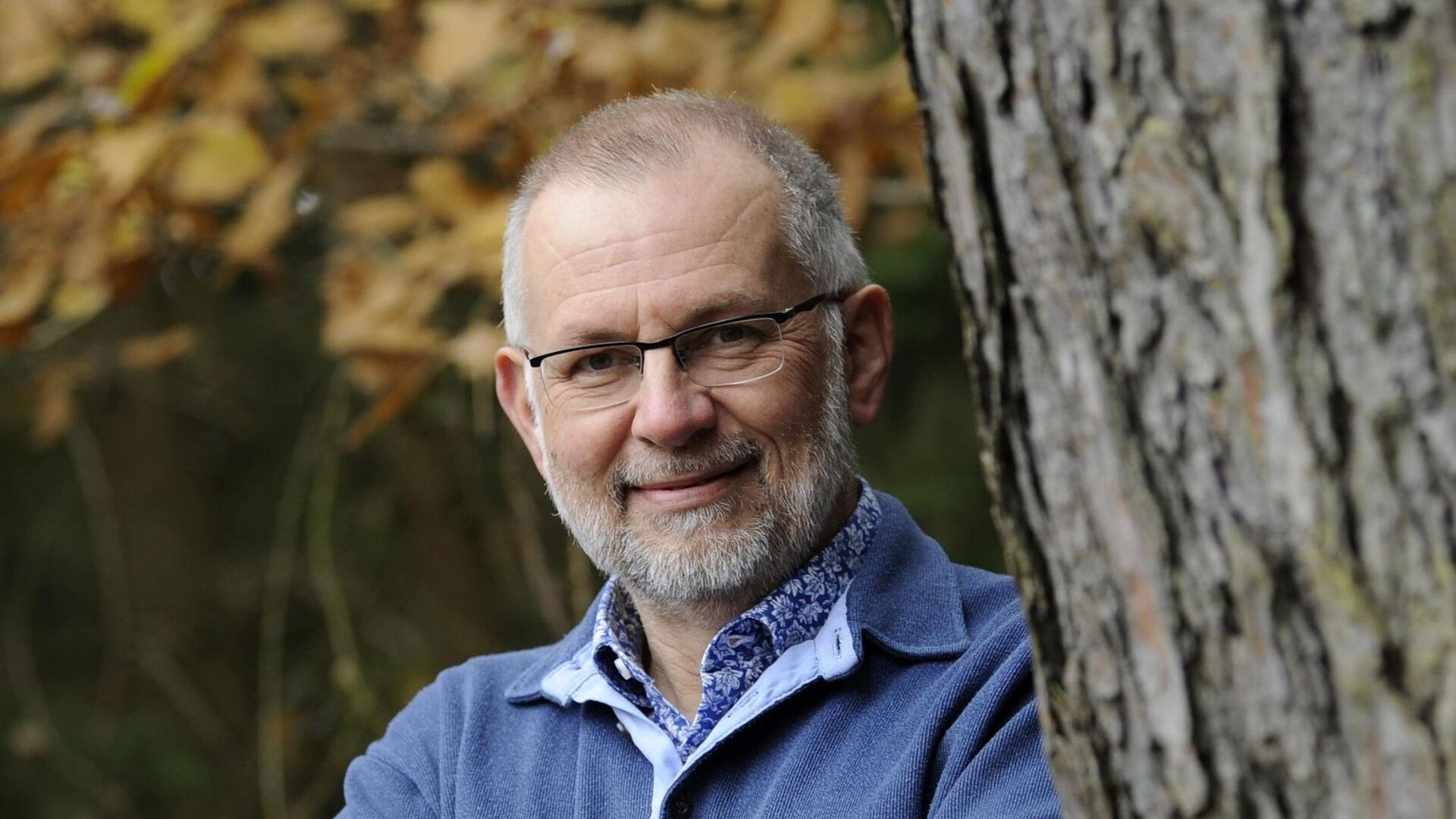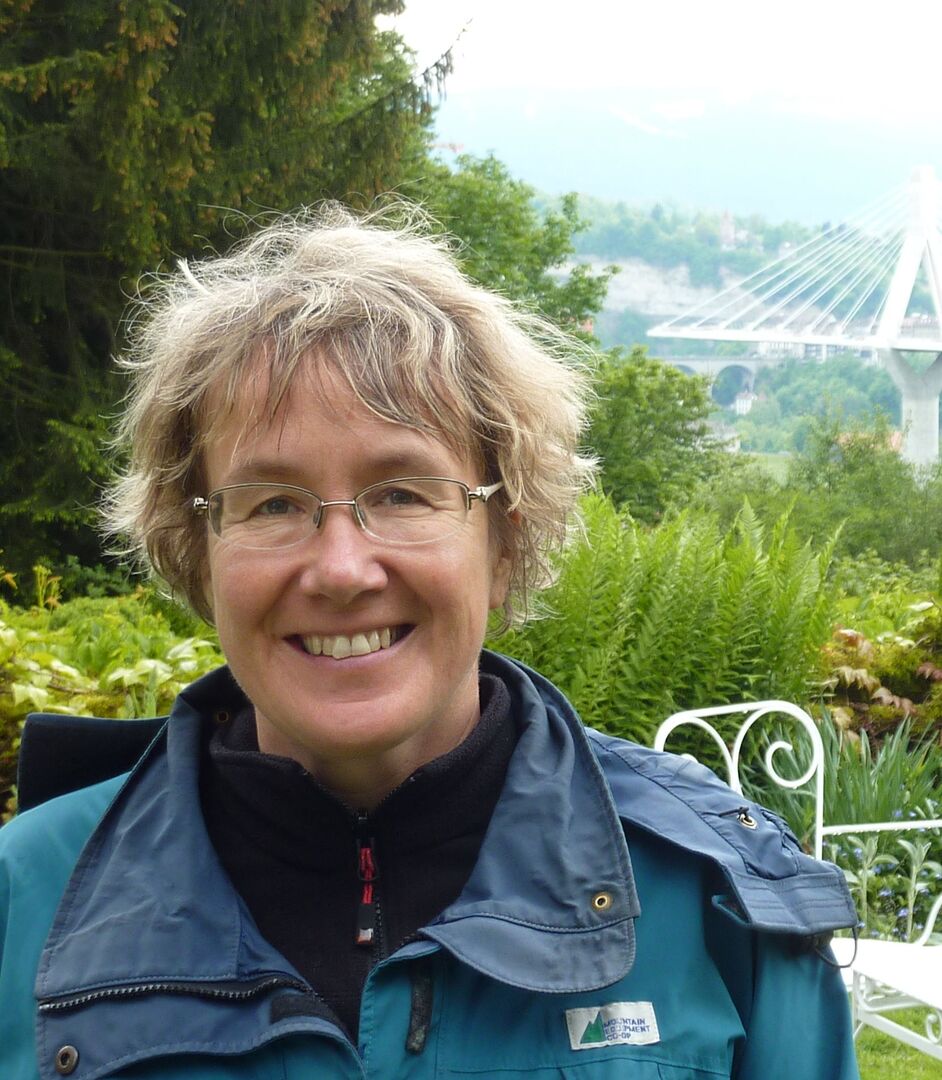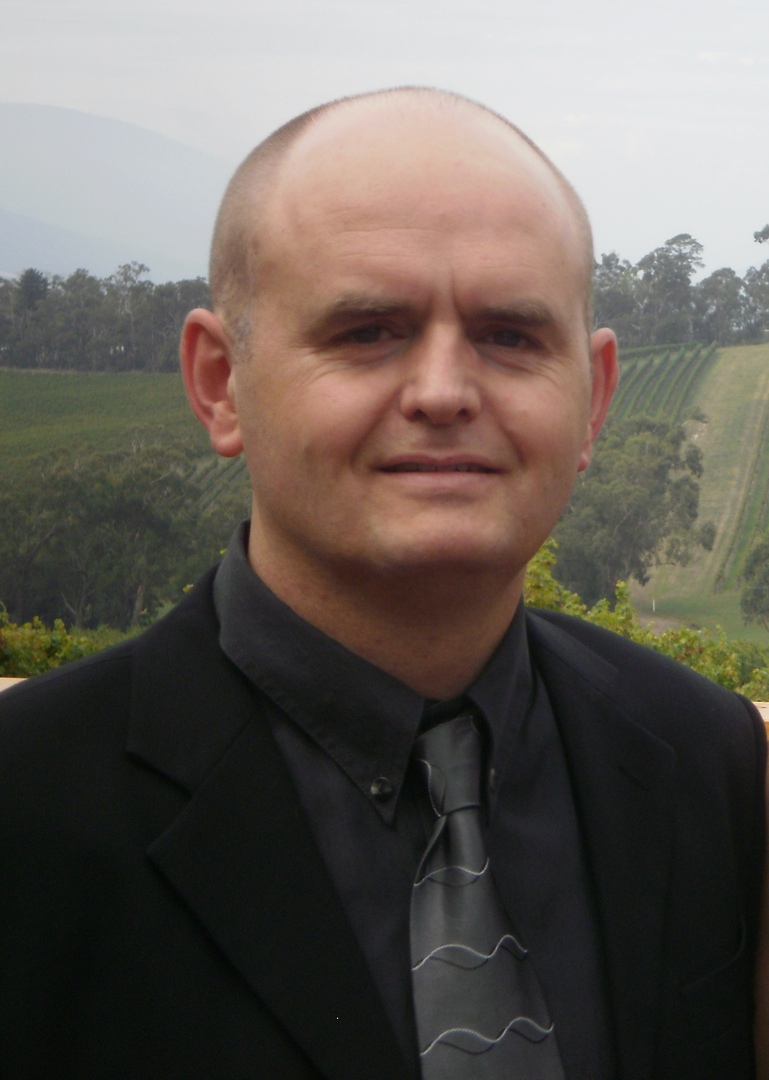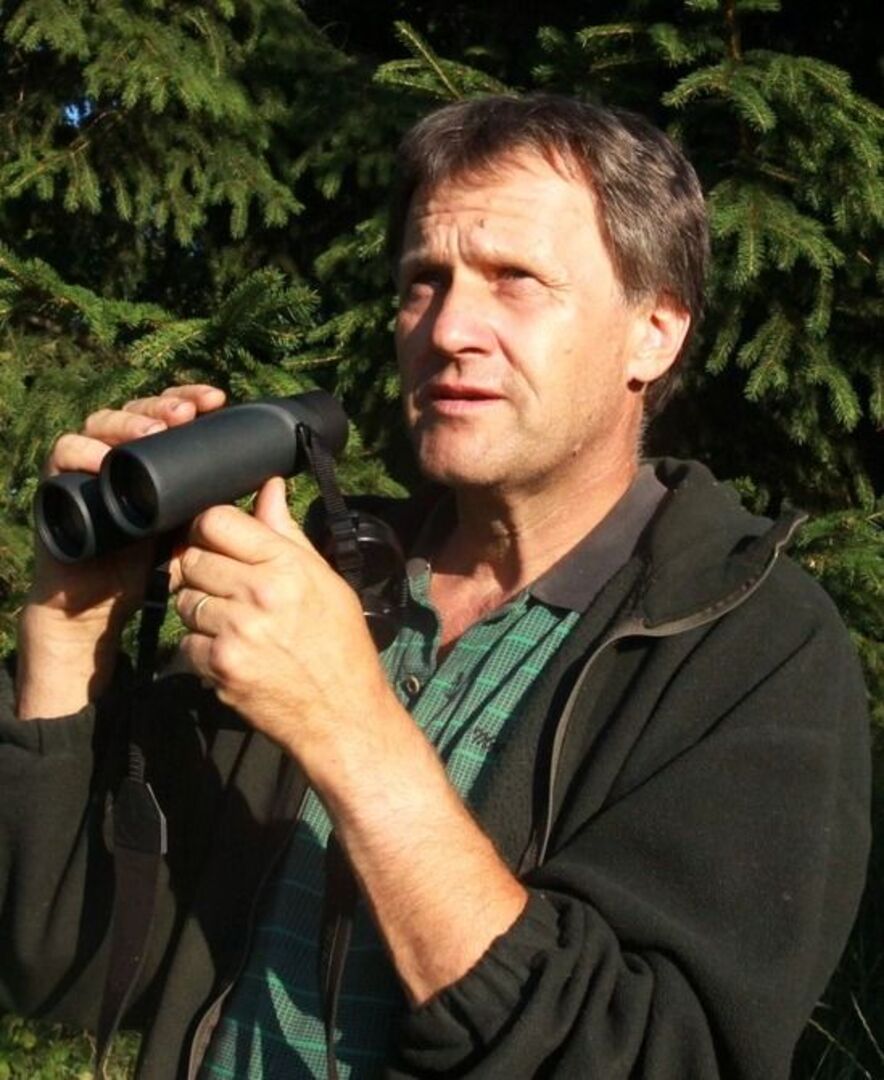Rodney Van der Ree
Transport ecology – how far have we come, where do we need to go, and how do we get there?
Dr Rodney van der Ree is a National Technical Executive in Ecology at WSP Australia and an Adjunct Associate Professor in the School of BioSciences at The University of Melbourne, Australia. He is an ecologist with international recognition for his expertise in urban ecology and transport ecology and has undertaken research and collaborated on consultancy projects across Australia and internationally, including Africa, Asia, Europe and North America. He published the international award-winning “Handbook of Road Ecology” (Wiley, 2015), with 63 chapters by more than 100 authors from 25 countries. He has advised the European Union on habitat fragmentation issues due to infrastructure development and has sat on expert advisory committees for the Victorian, Swedish, and New Zealand transport agencies. He has supported the development and growth of transport ecology research and mitigation programs by working directly with the rail and road agencies in South Africa, New Zealand, Myanmar, Singapore, India, Taiwan, China and Japan. He has published extensively, with over 100 refereed scientific publications and hundreds of reports, conference and community presentations, and dozens of media engagements. He has excellent communication and community engagement skills, and often leads workshops and consultation exercises on a range of complex issues.
Rodney’s projects at WSP includes site-specific impact assessments and connectivity strategies and plans for transport projects to the development of regional guidelines for fauna sensitive transport infrastructure development. Rodney is also the chair of the Australasian Network for Ecology and Transportation (ANET), is a member of the Scientific and Expert Committee of the Infrastructure and Ecology Network of Europe (IENE) and was a specialist for the Biodiversity and Infrastructure Synergies and Opportunities for European Transport Networks (BISON) project.




